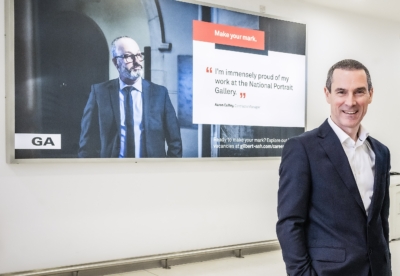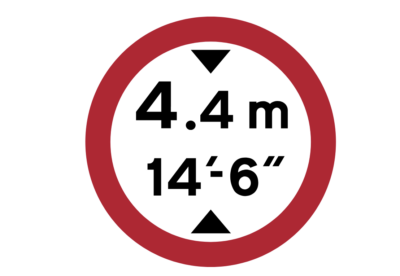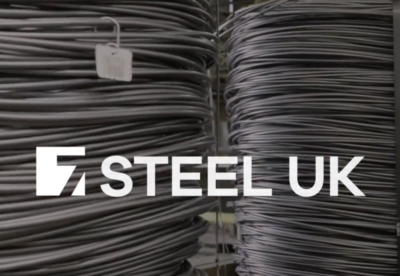The new joint venture business with Feldberg Capital will be known as Origin, with Henry Boot Development taking a 25% stake.
It will be seeded with an initial portfolio of three sites from Boot’s development pipeline worth £100m.
First Origin logistics and industrial projects
1. Spark, Walsall (phase one), a 13-acre site just off the M6 with full planning two units totalling 270,000 sq ft, worth £53m
2. Inter, Welwyn Garden City, a 3-acre site on Tewin Road near Junction 4 of the A1(M) with planning for a 71,000 sq ft I&L scheme, worth £23m
3. Ark, Markham Vale, a 9-acre site with planning for four units totalling 107,000 sq ft, worth £19m. This marks the second phase of HBD’s 200-acre flagship I&L scheme at Markham Vale.
Under the deal, Boot will act as development manager receiving fees for doing so, and Felberg will act as investment manager.
Going forward, the partnership will draw on both HBD’s development pipeline as well as acquire sites from third parties for further pre-let and speculative I&L development.
For each project, development finance will be procured from an external lender with the aim of delivering £1bn of I&L schemes across the country over the next seven years.
Tim Roberts, CEO at Henry Boot, said: “The launch of this new industrial and logistics platform with Feldberg Capital is an important transaction for Henry Boot, allowing us to partner with a first-class international investor with the funds and ambition to invest alongside us into one of our key sectors. At the same time, it enables us to accelerate our own £1.3bn industrial and logistics pipeline and in turn recycle capital more efficiently.
David Turner, managing partner at Feldberg Capital, said: “Having held back from the industrial and logistics market while assets looked overpriced, we believe now is a highly attractive entry point, with land values having come down over the last 24 months and entry yields being at more sustainable levels.
“The positive tailwinds within the sector remain, driven by structural trends including the continued growth of e-commerce and more firms serving the UK market looking to ‘onshore’ their production here in the face of a shifting regulatory and geopolitical backdrop.”

.gif)



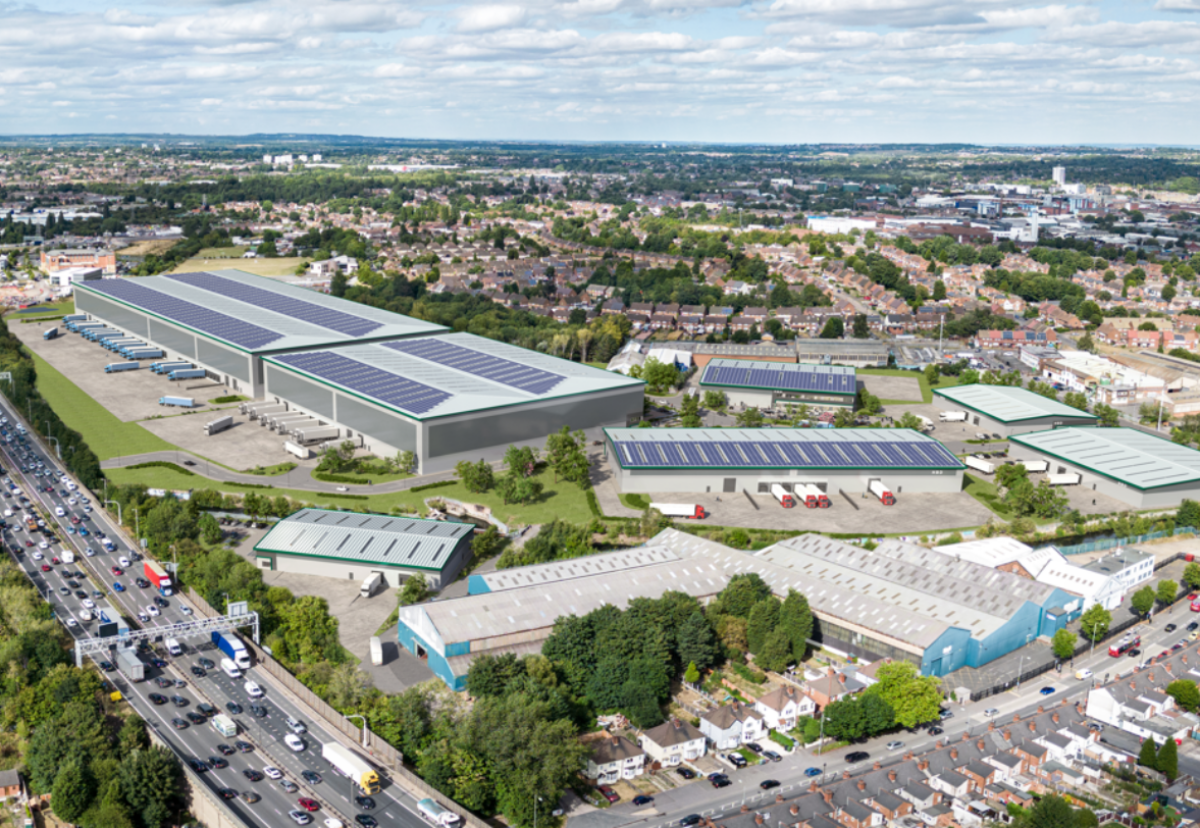





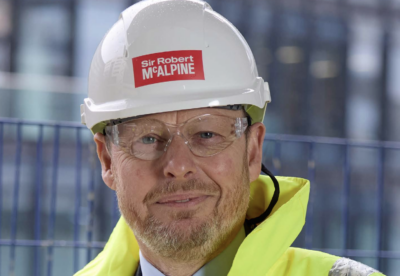



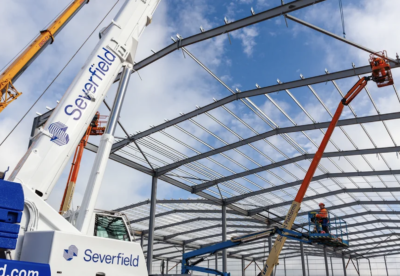

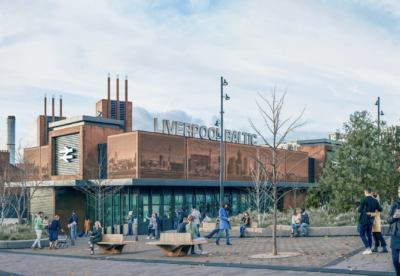

















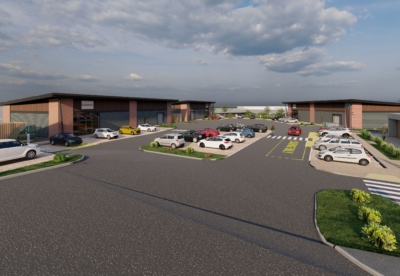

.gif)
